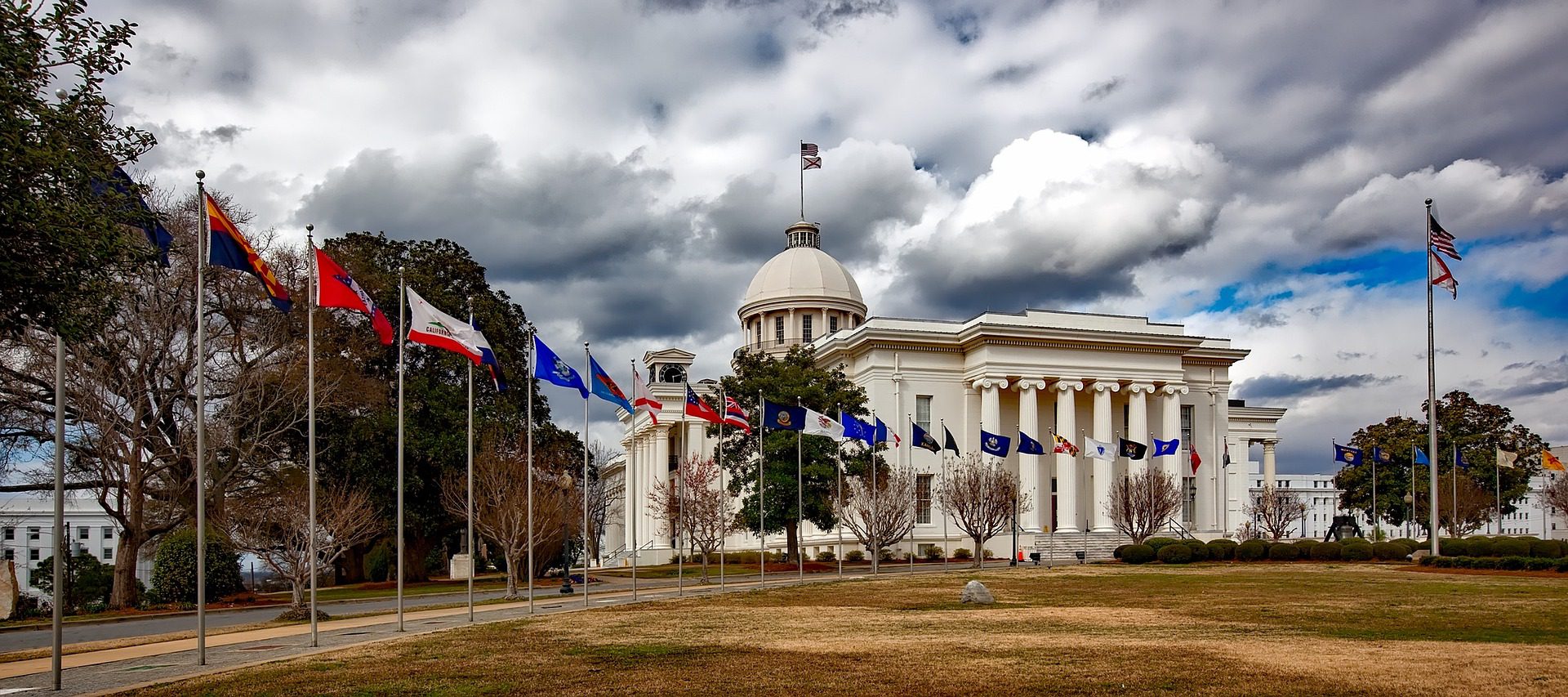
What’s in Alabama’s new state constitution of 2022? What’s changed?
Rep. Merika Coleman, the Birmingham Democrat who spearheaded Alabama’s new state constitution, said she’s tired of the South’s national image.
She said she hates seeing the South shown in movies as a place where no one has air conditioning and every road is a dirt road and is tired of negative assumptions from people who don’t live in the region. Coleman said Alabama is “an amazing place.”
Now, the state’s constitution is entering a new era.
On Tuesday, Alabamians voted to pass the Alabama Constitution of 2022 and a companion amendment, which will remove racist language and organize amendments into distinct categories. It’s a pretty limited update, aimed mostly at modernizing some text and making it easier to read. Here’s where you can read the new constitution.
The new constitution will replace its 1901 predecessor after a bipartisan effort from the state legislature. Before making its way to voters, the measure passed both chambers without a dissenting vote.
It also received support across the state from voters — according to preliminary results from the secretary of state’s office, 76.4% of people who cast a ballot Tuesday, or 851,293 people, voted to ratify the updated constitution.
“It definitely was a team effort when it came to the entire body coming together to do something that we feel will ultimately help impact the overall branding of the state of Alabama,” Coleman said.
Alabama’s 1901 constitution still held language allowing:
- involuntary servitude in the case of punishment
- segregation in school
- allotments for how to spend money from poll taxes
The 2022 constitution also removes repealed sections of the old document, such as section 102, which outlawed interracial marriage. While the law was repealed in 2000, the old text still lingered in the state constitution.
